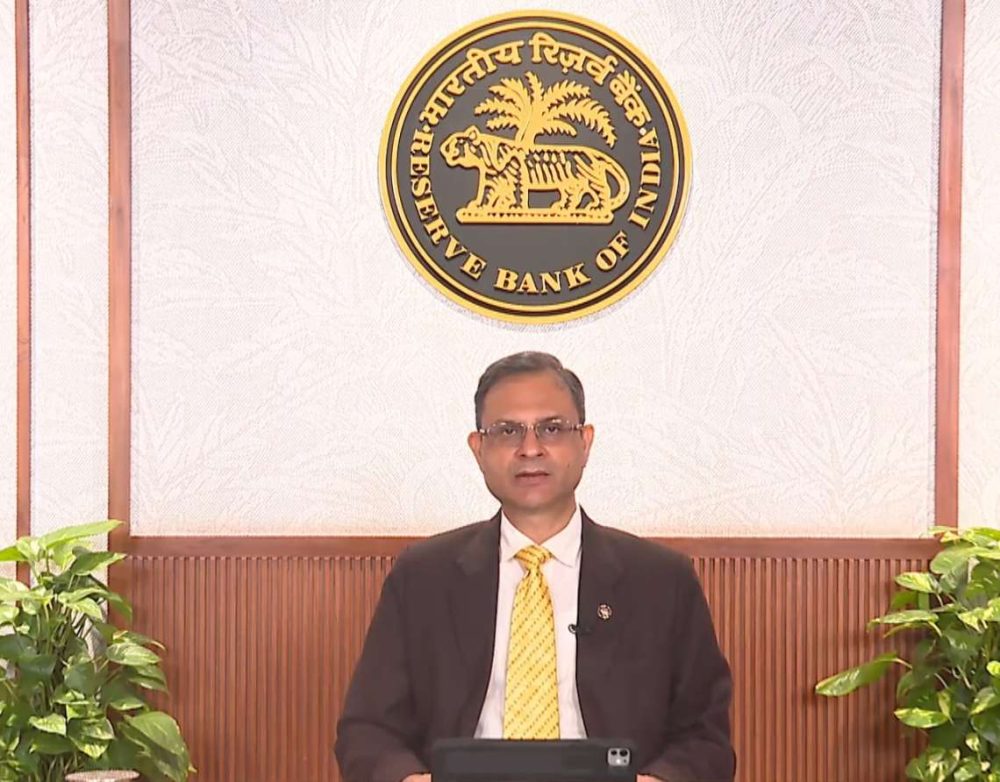There is a serious need for the tech industry and academic institutions to work along with the governments globally in shaping the future pipeline of talent for artificial intelligence (AI)-related jobs, Minister of State for Electronics and IT, Rajeev Chandrasekhar, said last month…reports Asian Lite News
As India rides on the generative AI (GenAI) bandwagon which will touch every aspect of the IT and tech industry, the country needs to focus on creating short-term courses in fundamental of AI to skill 100 million people and prepare them for the jobs of the future, Indian IT industry veteran CP Gurnani said on Saturday.
According to Nasscom, as India currently ranks first in terms of AI skill penetration and AI talent concentration, the AI skill shortage is now being felt across the spectrum.
“AI is a huge opportunity for the industry as a whole and we should be running short-term, like a 7-day course, on the fundamentals of AI, and targeting to skill 100 million people. The reason is very simple: If education is AI-enabled and if students have access to introductory courses on AI, then advanced courses are the natural progression and they can easily tap into the future opportunities,” Gurnani told IANS.
Gurnani spent 19 years as Tech Mahindra’s CEO and Managing Director. He has just joined edtech major upGrad’s board of Directors, to help the company become a highly export-oriented product. According to him, more people seem to hype AI than necessary.
“My belief is that automation of tasks or personalisation with AI for the organisation will be 30 per cent over the next three years. We need to create smart content with the help of AI and then focus on global markets and empower more people to achieve efficiency and productivity,” Gurnani added.
There is a serious need for the tech industry and academic institutions to work along with the governments globally in shaping the future pipeline of talent for artificial intelligence (AI)-related jobs, Minister of State for Electronics and IT, Rajeev Chandrasekhar, said last month.
Addressing a fireside chat session on the second day of the Global Partnership on Artificial Intelligence (GPAI) summit in New Delhi, the minister said that nurturing talent is something that governments can help but certainly cannot play a lead role, and industry and the academicians have to work together for the jobs of the future.
“It is clear that there is going to be a huge talent deficit in the field of AI. There is an urgent need for our academic institutions, whether in the UK, Japan or India, to really understand this and start delivering the talent that this AI ecosystem will require,” Chandrasekhar told the gathering.
The potential economic value from AI tools could be as high as $26 trillion going forward, according to McKinsey data.

“Unfortunately, a major limiting factor in AI reaching its full business potential is the availability of individuals with the right skills and capabilities to continue innovating AI,” according to McKinsey.
The AI industry needs cutting-edge talent, architects and designers of large-language models (LLMs). To create such a talent pool, the academy networks of various countries and industries have to work together.
India is expected to witness high growth in the demand for data science and AI professionals with an estimate of more than 1 million professionals by 2024.
“AI-led disruption in India’s core sectors alone has a potential impact of $500 billion on India’s economy in gross value added (GVA) terms by 2026. However, this cannot be achieved alone and would require concentrated efforts from the government, industry and academia to ramp up AI skilling and initiatives at scale,” according to Debjani Ghosh, President, Nasscom.
Gurnani said that AI is another technological tool and we need to adapt to that tool and see how much productivity and efficiency increases or personalisation increases with the automation of tasks.
“Do not over promise on AI. We should realise that achieving optimum efficiency or productivity is a slow process. It is not going to happen overnight with AI,” he added.
ALSO READ: Authors sue Microsoft, OpenAI for copyright infringement














